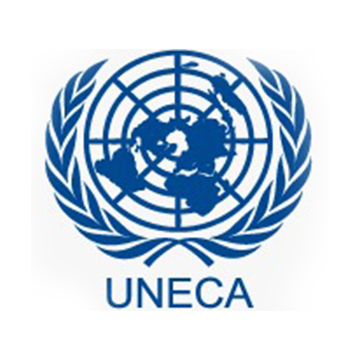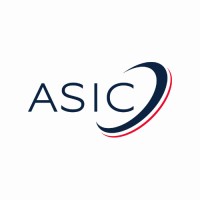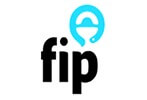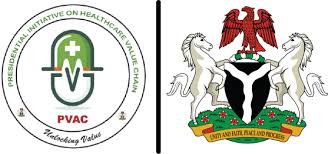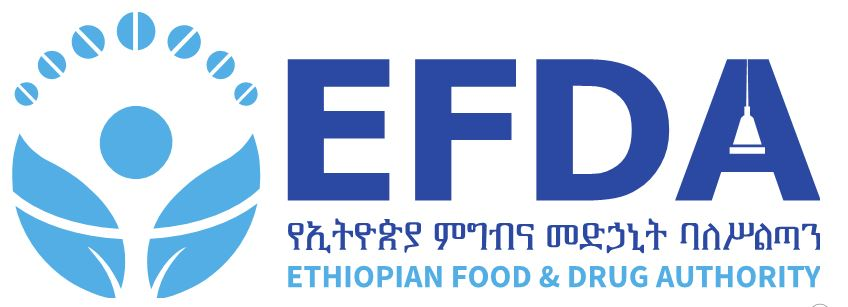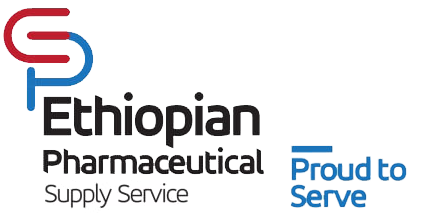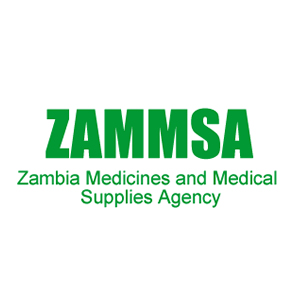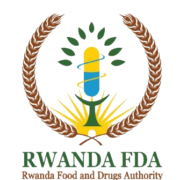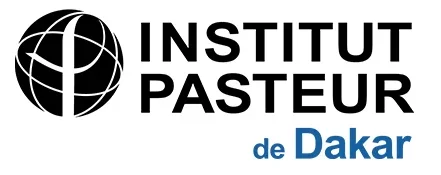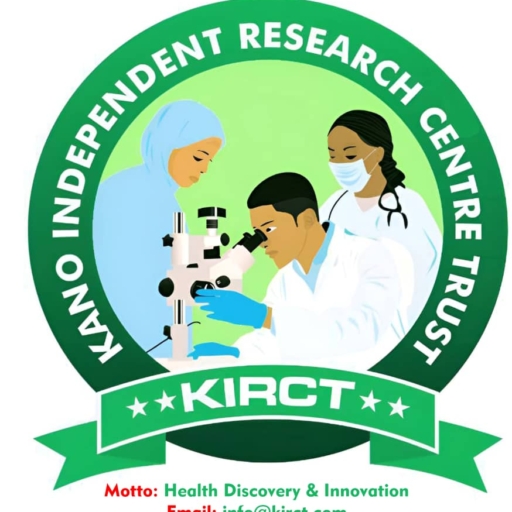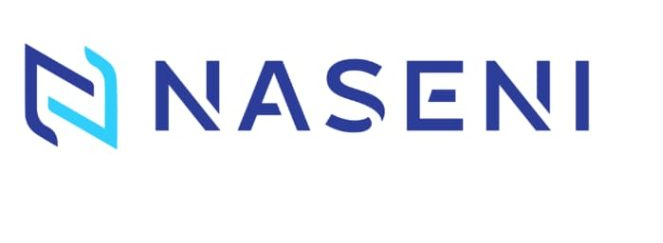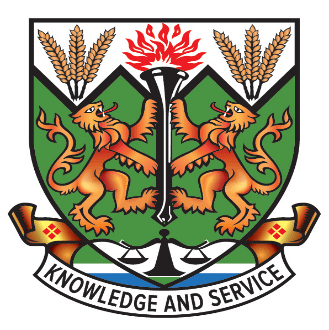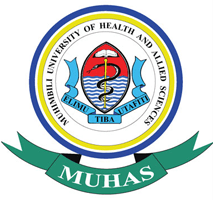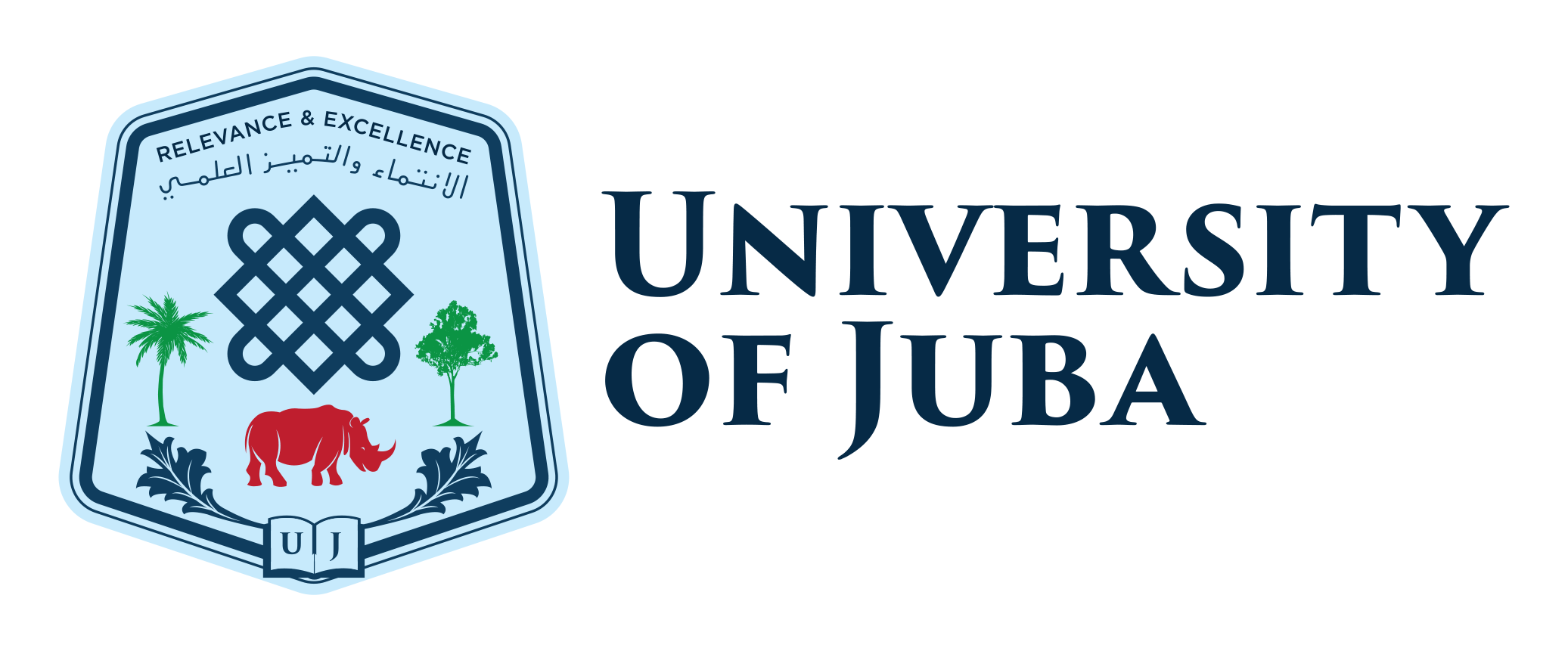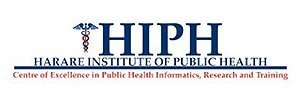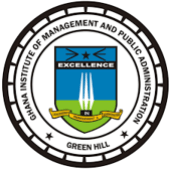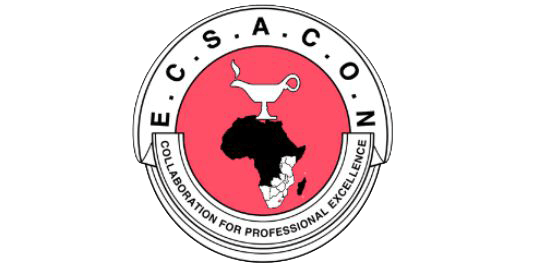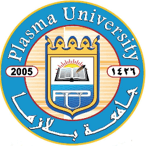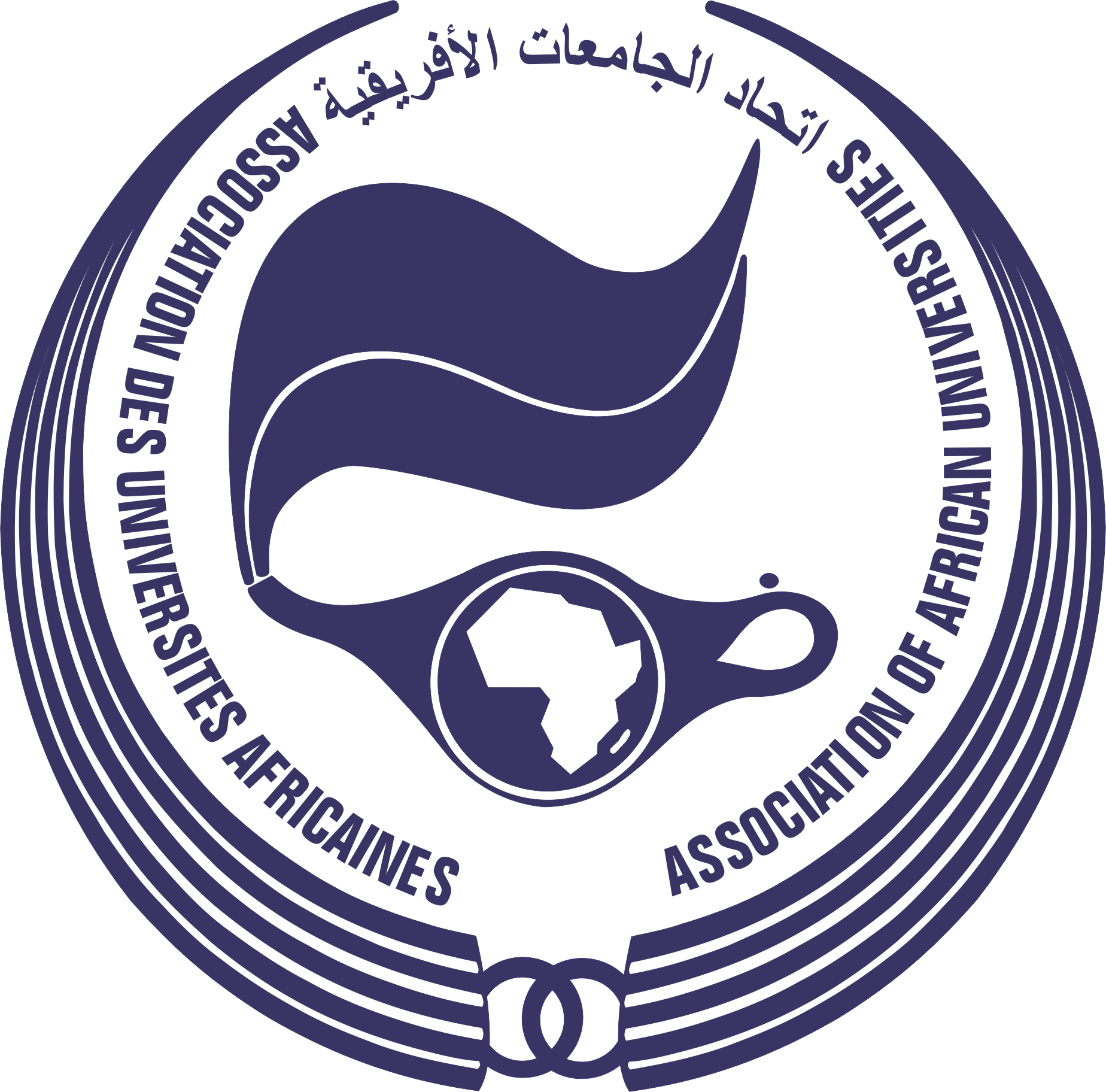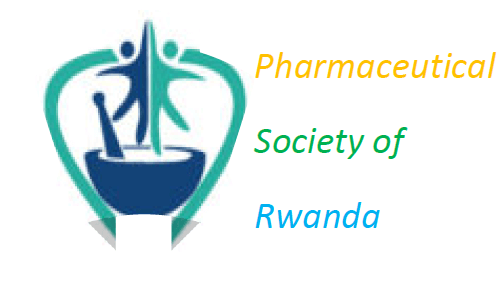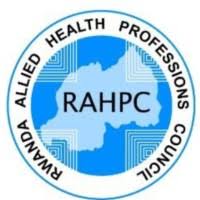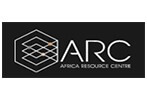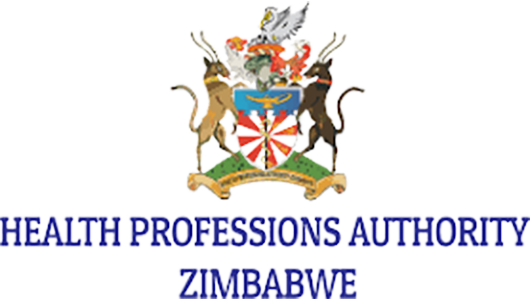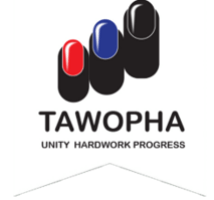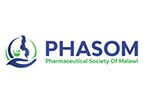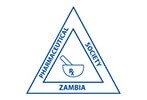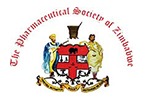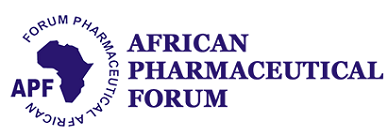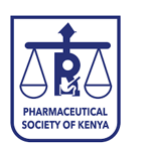About our partners, donors, and collaborators
Empower works together with various partners and organizations across the globe. This helps bring in a diverse range of talent and resources for better exchange among healthcare professionals. This also helps to transform lives and provide better healthcare for all.
The United Nations Institute for Training and Research (UNITAR) is an autonomous body within the United Nations that was established in 1965 pursuant to a UN General Assembly resolution with the purpose of enhancing the effectiveness of the UN through appropriate training and research. UNITAR’s mission is to develop the individual, institutional, and organizational capacities of countries and other United Nations stakeholders through high-quality learning solutions and related knowledge products and services to enhance decision-making and support country-level action for overcoming global challenges.
Established in 1958 by the UN Economic and Social Council, the Economic Commission for Africa (ECA) is one of five regional UN commissions. With 54 member states, ECA promotes economic and social development, regional integration, and international cooperation in Africa. As the only UN agency mandated to work at both regional and subregional levels, ECA plays a unique role in addressing the continent’s development priorities.
The Global Fund is a global partnership dedicated to defeating HIV/AIDS, tuberculosis (TB) and malaria, while strengthening health and community systems to ensure a healthier, safer and more equitable world. By bringing together governments, civil society, communities, the private sector, health workers and global leaders, the Global Fund supports high-impact solutions and scales them for lasting change. Since its establishment in 2002, this collaborative approach has helped save over 70 million lives.
The Africa Centres for Disease Control and Prevention (Africa CDC) is a continental public health agency of the African Union dedicated to strengthening the capacity of Africa’s public health institutions to detect, prevent, control and respond rapidly to disease threats and outbreaks. It provides coordinated, evidence-based support to all 55 Member States, enhancing surveillance, laboratory systems, emergency preparedness, and outbreak response across the continent. Established in 2016, Africa CDC fosters partnerships, builds public health workforce capability, and promotes harmonized disease control strategies to improve health security and resilience in Africa.
The Accreditation Service for International Schools, Colleges and Universities (ASIC) is an UK-based quality assurance and accreditation body dedicated to advancing excellence in education worldwide. ASIC works with schools, colleges, universities and training organisations across more than 65 countries to assess and accredit institutions against rigorous international standards, helping them demonstrate quality, transparency and continuous improvement. Accredited and recognised globally, ASIC supports institutions to enhance their reputation, strengthen quality assurance, expand international partnerships and provide positive educational experiences for learners.
The International Pharmaceutical Federation (FIP) is the global organization representing pharmacists, pharmaceutical scientists, and educators through 156 national member organizations worldwide. Founded in 1912, FIP’s mission is to advance global health by promoting pharmaceutical practice, sciences, and education to ensure safe, effective, and affordable medicines. It collaborates closely with the World Health Organization and other global bodies to strengthen the pharmacy profession and improve access to quality pharmaceutical care. FIP also organizes international congresses and supports professional development in the pharmaceutical sciences and pharmacy practice.
The Presidential Initiative for Unlocking the Healthcare Value Chain (PVAC), is a strategic government effort launched by President Bola Ahmed Tinubu in October 2023 under the Renewed Hope Agenda, aims to attract billions in new healthcare investment. It operates under the Federal Ministry of Health & Social Welfare and the Coordinating Minister’s leadership.
The Ethiopian Food and Drug Authority (EFDA) is a federal body mandated to protect public health by regulating the safety, quality, and efficacy of food, medicines, medical devices, cosmetics, alcohol, and tobacco. Previously overseeing products, professionals, premises, and practices, EFDA now focuses solely on regulated products and their associated establishments. Its responsibilities include overseeing production, import, export, distribution, market authorization, clinical trial approvals, and safety monitoring, with enforcement against non-compliance. EFDA operates through seven branches and collaborates with regional and city regulators.
The Ethiopian Pharmaceuticals Supply Agency (EPSA), established under Proclamation No. 553/2007, is a legal entity of the Federal Democratic Republic of Ethiopia aimed at ensuring an uninterrupted, affordable supply of quality-assured essential pharmaceuticals. It supports public health institutions, strengthens health service delivery, and promotes sustainable supply through a revolving fund and cost-recovery system.
Zambia Medicines and Medical Supplies Agency (ZAMMSA), is a statutory body established by the Zambia Medicines and Medical Supplies Agency Act 2019 and charged with the mandate to procure, store and distribute medicines and medical supplies to all public health institutions in Zambia on behalf of the Zambian Government.
The Rwanda Food and Drugs Authority (Rwanda FDA) is a government regulatory agency established to protect and promote public health by ensuring the quality, safety and effectiveness of medicines, vaccines, processed foods, medical devices, household products and tobacco products in Rwanda. Rwanda FDA’s vision is to be a world-class regulatory authority that effectively protects public health, and its mission focuses on the regulation and oversight of health-related products across their lifecycle. The Authority works with national and international partners to strengthen regulatory systems, monitor product safety, and support compliance with global quality standards.
Established in 1924, Institut Pasteur de Dakar (IPD) serves as Senegal's premier biomedical research institute and vaccine manufacturer, accelerating equitable health access across Africa. As a Senegalese not-for-profit foundation of public utility, IPD integrates cutting-edge research, vaccine production (yellow fever, measles-rubella), diagnostics manufacturing and public health surveillance. Key programs include mRNA technology transfer with WHO, CARE for epidemic resilience, and KWAME workforce training—positioning IPD as a continental leader in health innovation, manufacturing autonomy, and epidemic response for African populations. Institut Pasteur de Dakar in Senegal (West Africa) serves as a key component of the West Africa RCCN (Regional Capability and Capacity Network) to build workforce skills and technical capacity in vaccine and pharmaceutical biomanufacturing across the continent.
Kano Independent Research Centre Trust (KIRCT) is a non-profit biomedical research institute established in 2013 through a partnership between Pfizer Inc. and the Kano State Government in Nigeria. It focuses on advancing biomedical and healthcare research on communicable and non-communicable diseases with public health significance in Nigeria and Africa. KIRCT features one of Nigeria's largest genomic laboratories, including a Biosafety Level 3 (BSL-3) lab and an antimicrobial resistance (AMR) laboratory. The center supports clinical studies, offers training programs in bioinformatics and genomics, and collaborates extensively with regional and international partners to strengthen healthcare research infrastructure and improve health outcomes in the region.
The National Agency for Science and Engineering Infrastructure (NASENI) is a Nigerian government agency established in 1992 with the mandate to develop and nurture a dynamic science and engineering infrastructure base aimed at achieving home-initiated and sustained industrialization. NASENI focuses on capital goods research, production, and reverse engineering across diverse sectors such as engineering materials, industrial chemicals, scientific equipment, engineering accessories, power equipment, and mechanical tools. Operating through a network of specialized Development Institutes across Nigeria, NASENI drives technological innovation, supports local manufacturing, and fosters economic growth and job creation. The agency plays a pivotal role in strengthening Nigeria's technological capacity and advancing indigenous solutions for sustainable industrial development.
The International Vaccine Institute (IVI) is a global nonprofit organization dedicated to discovering, developing and delivering safe, effective and affordable vaccines for the world’s most vulnerable populations. Established to address infectious diseases that disproportionately affect low and middle income countries, IVI conducts research, facilitates clinical trials, and partners with governments, public health agencies and industry to accelerate vaccine access and impact. Its mission is to reduce the burden of vaccine preventable diseases and strengthen global health security through innovation, capacity building and equitable vaccine solutions.
Njala University (or simply Njala, as it is fondly called) has had a rich history since its establishment in 1964 as a university college based on the model of the American Land Grant University. Since then, it has developed into one of the leading universities in the country.
MUHAS has a mission to provide quality training, research, and services in health and related fields for the attainment of equitable socioeconomic development for the Tanzanian community and beyond.
The University of Juba is a public university located in Juba, South Sudan. It was founded in 1975 in response to the need for higher education in southern areas of Sudan. Due to the Second Sudanese Civil War (1983 to 2005), the university relocated to Khartoum for the safety of staff, students, and infrastructure.
The Harare Institute of Public Health (HIPH) is a center of excellence in training healthcare professionals in public health research and information dissemination.
The Ghana Institute of Management and Public Administration (GIMPA) was established in 1961 as a joint Ghana Government/United Nations (UN) special fund project. It is a Center of Excellence for enhancing the capability of middle and top-level executives in the public and private sectors, as well as non-governmental organizations (NGOs), both in Ghana and other countries.
The East, Central & Southern Africa College of Nursing (ECSACON) was established in 1990 as an executing arm of the then Commonwealth Regional Health Community Secretariat for East, Central & Southern Africa (CRHCS-ECSA) in the area of nursing and midwifery. The Arusha-based CRHC-ECSA secretariat, which is now referred to as the ECSA Health Community (ECSA HC), brings together 14 regional states of Africa.
The Ghana College of Pharmacists was established by sections 84 to 113 of Act 833, 2011. The Mandate of the College is to: Promote specialist training in pharmacy, and related disciplines; Promote continuous professional development in pharmacy and related disciplines; Promote research in pharmaceutical practice and related disciplines; and Contribute to the formulation of policies on sound health, medicines and public health general.
Plasma University is a private, non-profit, leading higher education institution that is committed to providing an excellent university education that enables learners from all backgrounds to become enterprising citizens and responsible leaders, while also promoting economic and social prosperity for the communities it serves. PU comprises five large academic units named colleges and one postgraduate school.
The Association of African Universities (AAU) was established in November 1967 as the initiative of African higher education leaders, with the cardinal functions of coordinating and networking Higher Education Institutions (HEIs) at the continental level and providing leadership in developing and promoting a common vision for African higher education. With over 450 member HEIs from 48 countries, AAU advances research, teaching, learning, and continental integration. Key objectives include strengthening institutional capacity, promoting favourable policies, harmonizing quality assurance, and fostering research networks.
Kent State University is a public research university in Ohio, United States, recognized for academic excellence, innovation, and community engagement. With a strong focus on teaching, research, and global collaboration, the university offers diverse undergraduate, graduate, and research programs that prepare students to address real-world challenges. Kent State is committed to advancing knowledge, fostering inclusive learning environments, and making a positive impact locally and globally.
The Pharmaceutical Society of Rwanda (PSR)is committed to being a vibrant, self-sustaining organization that will protect the community's professional image, improve socio-economic welfare, and promote the interests of community pharmacists through effective representation, capacity building, and lead in the delivery of high-quality care services to the population.
The PSSL is a non-profit, professional organization of pharmacy professionals that does not only seek the welfare of its members but also contributes to the body of knowledge and promotes pharmacy education. PSSL is currently responsible for the coordination and conduct of continuous professional development as part of its mandate to position the pharmacy profession in the emerging world.
The Rwanda Allied Health Professions Council (RAHPC), established under Act N°46/2012, regulates and supports allied health professions to protect public interest. It sets and enforces professional standards, ethics, and conduct, ensuring registered professionals uphold integrity, morality, and compliance with health laws and regulations in Rwanda.
The African Pharmaceutical Network (APN) is a not-for-profit initiative designed to bring together players in the African pharmaceutical sector for knowledge sharing, policy shaping, and innovation, nurturing discussions towards a robust pharmaceutical sector anchored on reliable access to safe, efficacious, and affordable quality medicines for the African people.
The Africa Resource Centre (ARC) aims to improve the availability of medicines and health products in Africa by building more efficient and effective supply chain systems.
TAWOPHA is a non-profit organization established in 2008 with the aim of maintaining and advocating for the highest professional standards and ethics in the interest of its members and the general public at large. The main mission is to contribute to the improvement of Tanzanian public health through the promotion of good pharmacy practices.
The Pharmaceutical Society of Malawi (PHASOM) is a not-for-profit group of pharmacy professionals that is registered with the registrar of companies in Malawi and operates under multiple objectives.
This society works hand-in-hand with its local and other regulatory bodies to ensure these objectives are upheld, thus ensuring the good health of the nation through quality service provision.
The African Pharmaceutical Forum (APF) is the FIP's sixth regional forum of national pharmaceutical organizations in cooperation with the World Health Organization (WHO) African regional office. The forum was founded in May 2004 in the Harare, capital of Zimbabwe.
The Pharmaceutical Society of Kenya (PSK) is a representative organization that was formed to enable pharmacists to employ their professional expertise in the care of patients. Since its formation, PSK has continued to promote a common standard for professional conduct and a code of ethics for its members, as well as advocate for the welfare of pharmacists.


